The Electoral Commission (EC) has reaffirmed ongoing discussions with the Ghana Journalists Association (GJA) and the Ghana Independent Broadcasters Association (GIBA) regarding media access for the 2024 elections.
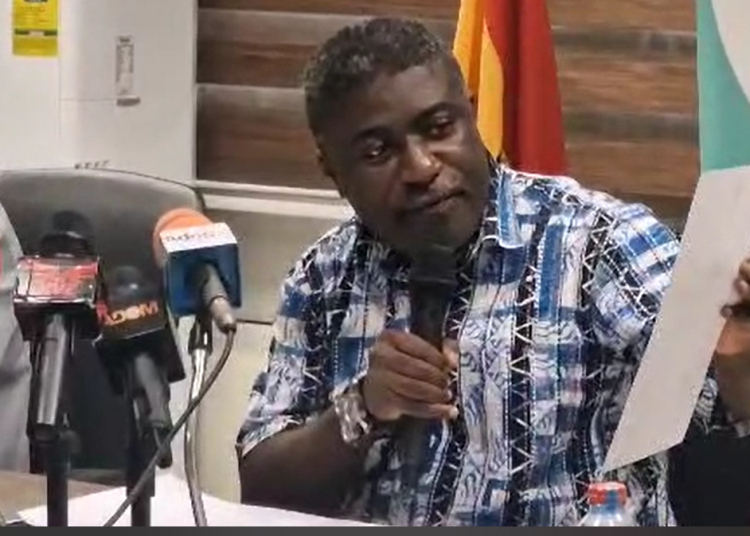
The EC has faced criticism for restricting media coverage at collation centres, permitting only eight media outlets access, a decision that has drawn backlash from several media organizations.
On November 28, a coalition of media groups, including the GJA, GIBA, the Private Newspaper Publishers Association of Ghana (PRINPAG), and the Media Foundation for West Africa (MFWA), announced plans to submit a formal proposal to the EC following internal consultations.
Speaking at an emergency meeting of the Inter-Party Advisory Committee (IPAC) on November 29, EC Deputy Commissioner Dr. Bossman Asare assured the public that the media will receive accreditation to cover collation processes at all levels, from the constituency to the national stage.
Dr. Asare confirmed that media representatives will have access to coverage at the constituency, regional, and national collation centres.
“In terms of the number of media houses to be given accreditation per collation centre, the Commission is still in discussions with the GJA and GIBA. What is certain is that the media will be allowed to cover the collation process at all levels.”
He said political parties and presidential candidates will have four (4) persons accredited to the national collation centre which will take place at a location to be communicated soon, stating that only two accredited persons can be at the national collation centre at any one time.
“The National Collation will take place in Accra at a location to be communicated to the parties and agents of presidential candidates very soon. In terms of accreditation, political parties and presidential candidates will be given accreditation for two (2) agents at the constituency and regional collation centres.
“Domestic and international observers will also be given accreditation at the constituency and regional collation centres.”


































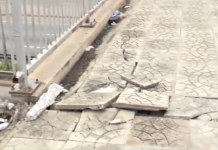

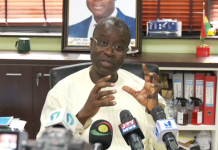




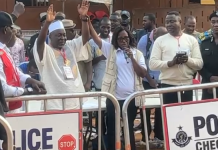














![[FREE FREE MONEY] Predict and Win a Guaranteed GH¢200 From Us EVERY WEEK](https://wordpress.ghanatalksradio.com/wp-content/uploads/2022/02/Predict-and-Win-Final-09-03-2021-218x150.jpg)
![[Predict & Win – 8th/Oct.] WIN A Guaranteed ¢200 From Us This Week](https://wordpress.ghanatalksradio.com/wp-content/uploads/2021/10/maxresdefault-16-218x150.jpg)
![[Predict & Win – 2nd] WIN A Guaranteed ¢200 From Us This Week](https://wordpress.ghanatalksradio.com/wp-content/uploads/2021/09/maxresdefault-50-218x150.jpg)
![[Predict & Win – 25th] WIN A Guaranteed ¢200 From Us This Week](https://wordpress.ghanatalksradio.com/wp-content/uploads/2021/09/maxresdefault-36-218x150.jpg)
![[Predict & Win – 18th] WIN A Guaranteed ¢200 From Us This Week](https://wordpress.ghanatalksradio.com/wp-content/uploads/2021/09/maxresdefault-23-218x150.jpg)

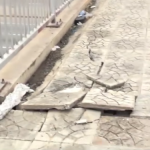






![[National cathedral] See full list of churches that have contributed since 2018](https://wordpress.ghanatalksradio.com/wp-content/uploads/2020/09/Ghana-National-Cathedral-GhanaTalksRadio-100x70.jpg)



